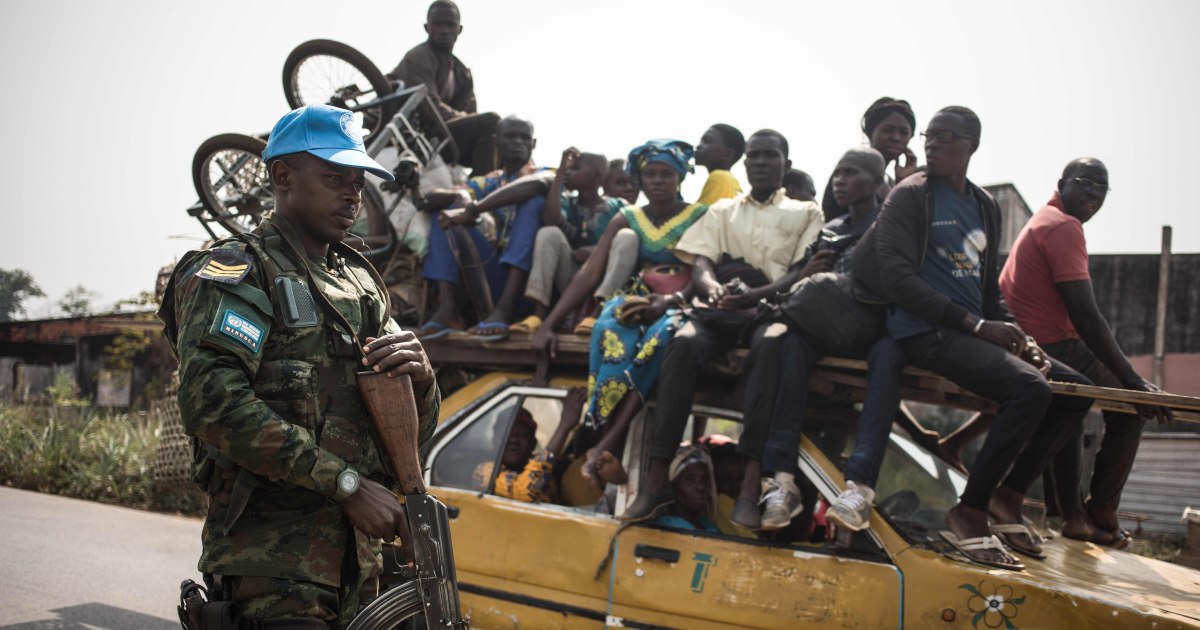More than 200,000 people have fled fighting in the Central African Republic (CAR) since violence broke out as a result of the December elections, said the UN refugee agency (UNHCR), with almost half entering the Democratic Republic of Congo.
The CAR army, supported by UN, Russian and Rwandan troops, has been fighting rebels seeking to overturn a December 27 vote in which President Faustin-Archange Touadera was declared the winner.
“Refugees told UNHCR that they fled in a panic when they heard gunfire, leaving their belongings behind,” spokesman Boris Cheshirkov told reporters in Geneva on Friday.
The nation of nearly five million people – bigger than France, Belgium and Luxembourg combined – and rich in diamonds, wood and gold, has been struggling to find stability since a 2013 rebellion ousted former President François Bozize.
The current struggle between a coalition of militias on the one hand and the national army and its supporters on the other was triggered by a decision by the Constitutional Court to bar Bozize’s candidacy in the December 27 presidential election.
Former Prime Minister Martin Ziguele, who came in third in the December 27 election, said on Friday that there are fighting across the country every day, preventing movement between cities and forcing more people to flee.
“I cannot leave Bangui and go 90 km (60 miles) without a heavily armed army escort. Imagine the population then. Add the curfew and the state of emergency, it really is an apocalyptic situation,” Ziguele told Reuters by phone. .
In a statement on Friday, the International Conference on the Great Lakes Region, a regional body of 12 member states, called for a ceasefire and urged armed groups to “break free from the siege of Bangui” and allow people and goods to circulate freely.
Download the NBC News app for breaking news and politics
The agency will also ask the United Nations Security Council to lift the arms embargo imposed on the CAR that restricts the flow of arms to the army since 2013.
Some 92,000 refugees have arrived in the DRC and more than 13,000 have crossed into Cameroon, Chad and the Republic of Congo – the rest are displaced within the Central African Republic, UNHCR said.
The ongoing attacks have hampered humanitarian access, the main road used to take supplies has been forced to close within the country and many now face “dire conditions,” said UNHCR’s Cheshirkov.
Some of the displaced are so desperate that they have agreed to have sex for food, he added. While malaria, respiratory tract infections and diarrhea have become common.
